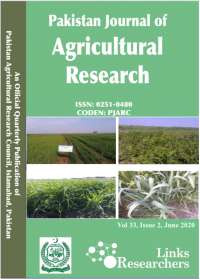Food waste is a big problem today. On the other hand, the market for natural composites for health is growing. Melon (Cucumis melo L.) is a very common fruit, eaten all around the world, containing significant quantities of seeds as well as peels that have been discarded. These seeds contain high functional and nutritional potential compounds. It is the most exported and consumed fresh fruit and the residues like seeds and peel are commonly thrown out. It is cultivated in many countries and has high financial value worldwide and all this is due to adaptation to climate and various types of soil., Melon is an excellent source of biologically active compounds for humans due to good taste and rich chemical composition. Glucose, fructose, vitamin A, D, C, K, E, and some vitamins from group B are present in melon. Biologically active compounds like tocopherols, phospholipids, and sterols are present in melon seed in a large amount due to which it has a beneficial effect on humans. Consequently, these seeds can be described as effective electors for the production of innovative functional foods leading to a healthy food chain. It is concluded that the presence of bioactive compounds is fully justified by melon seed, including anti-inflammatory agents, hypoglycemic agent, antimicrobial, anti-genic and antioxidant potential.






